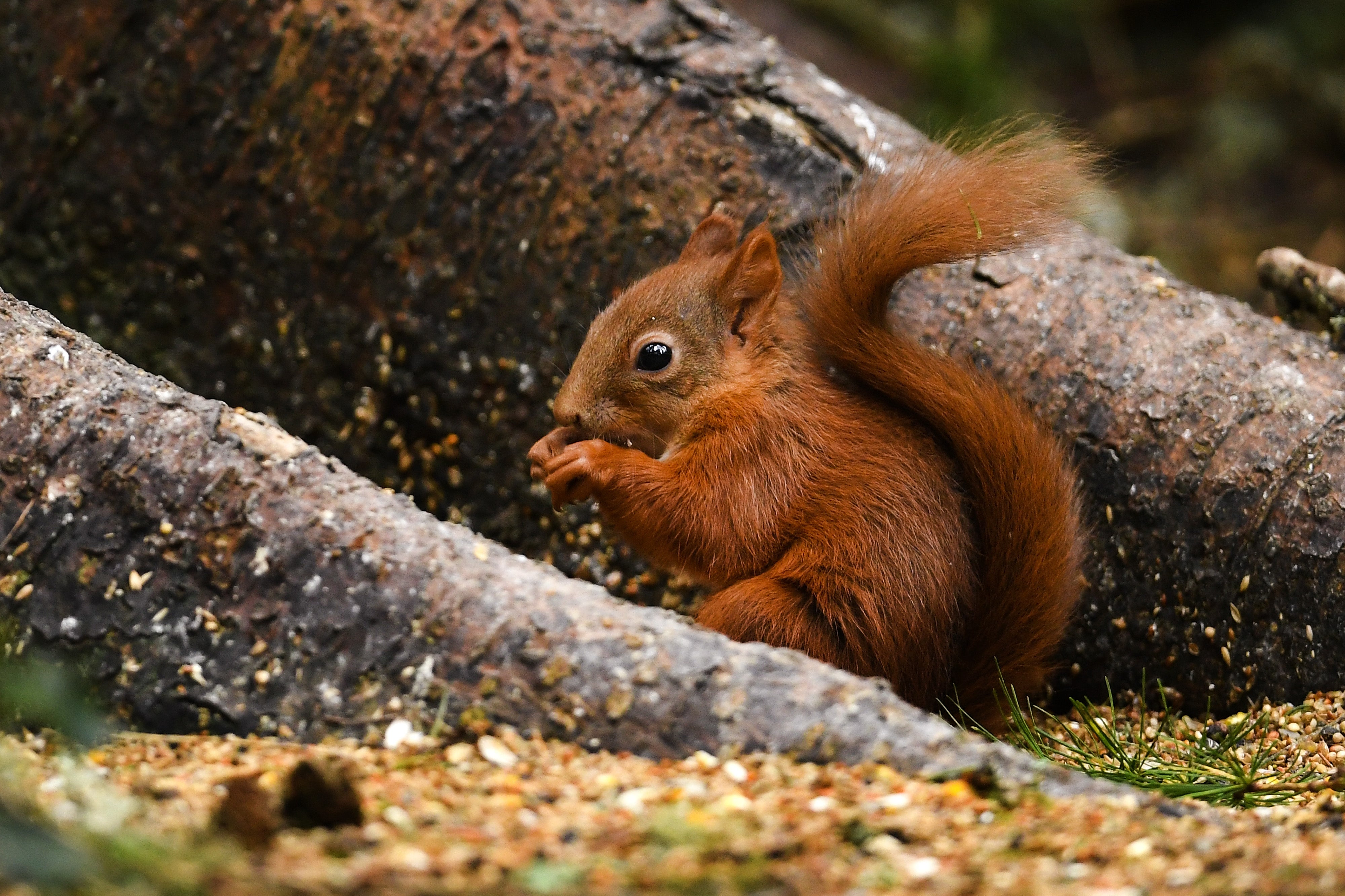Fight to save red squirrels jeopardised by non-native conifer plantations
Non-native conifers have previously been planted under the guise of protecting red squirrels

Your support helps us to tell the story
From reproductive rights to climate change to Big Tech, The Independent is on the ground when the story is developing. Whether it's investigating the financials of Elon Musk's pro-Trump PAC or producing our latest documentary, 'The A Word', which shines a light on the American women fighting for reproductive rights, we know how important it is to parse out the facts from the messaging.
At such a critical moment in US history, we need reporters on the ground. Your donation allows us to keep sending journalists to speak to both sides of the story.
The Independent is trusted by Americans across the entire political spectrum. And unlike many other quality news outlets, we choose not to lock Americans out of our reporting and analysis with paywalls. We believe quality journalism should be available to everyone, paid for by those who can afford it.
Your support makes all the difference.Red squirrel conservation strategies which favour non-native conifer plantations are likely to negatively impact the species, research has warned.
The study led by Queen’s University Belfast and the University of St Andrews contends that native predators in native woodland, and not conifer plantations, are the key ingredients for red squirrel survival in Britain and Ireland.
This contradicts existing conservation strategies that promote non-native conifer planting and instead highlights the value native predators can deliver to native biodiversity.
Academics, along with Ulster Wildlife and citizen scientists, used camera traps to survey more than 700 sites across Northern Ireland over a five-year period for red squirrels, grey squirrels and pine martens.
The results show that with the recovery of the pine marten, conifer plantations planted under the guise of protecting the red squirrel are likely to have a damaging impact on the species’ survival.
The research, published on Wednesday in the Proceedings of the Royal Society B and funded by the British Ecological Society, has shown the presence of pine marten increases red squirrel occurrence across the landscape, especially in native broadleaf woodlands.
This is because the pine marten suppresses the grey squirrel regardless of habitat.
However, this effect is reversed in large non-native conifer plantations, where the pine marten reduces the occurrence of red squirrel.
Dr Joshua P Twining, lead author from Queen’s, said restoration of native predators is a critical conservation tool to combat the ongoing biodiversity crisis.
He said this must be in conjunction with maintenance and protection of natural, structurally complex habitats.
“This has global implications given the ongoing recovery of predators in certain locations such as mainland Europe,” he said.
“It also shows that the current national red squirrel conservation strategies that favour non-native conifer plantations are likely to have the opposite impact to what is intended.
“Timber plantations are often promoted as being beneficial to red squirrel conservation but our results show that they will have a detrimental effect on the species in the future.”
Dr Chris Sutherland, from the University of St Andrews, said: “This research demonstrates the enormous value of large-scale data collected through public participation. Combining this data with state-of-the-art analytical techniques has generated important conservation insights that until now have been overlooked.”
The UK and Ireland has some of the lowest forest cover in Europe and over 75 per cent of it is made up of non-native timber plantations.
Dr Twining added: “This work shows that we need to develop an alternative national conservation strategy for the red squirrel, focused on planting native woodlands alongside continued pine marten recovery.”
PA
Join our commenting forum
Join thought-provoking conversations, follow other Independent readers and see their replies
Comments